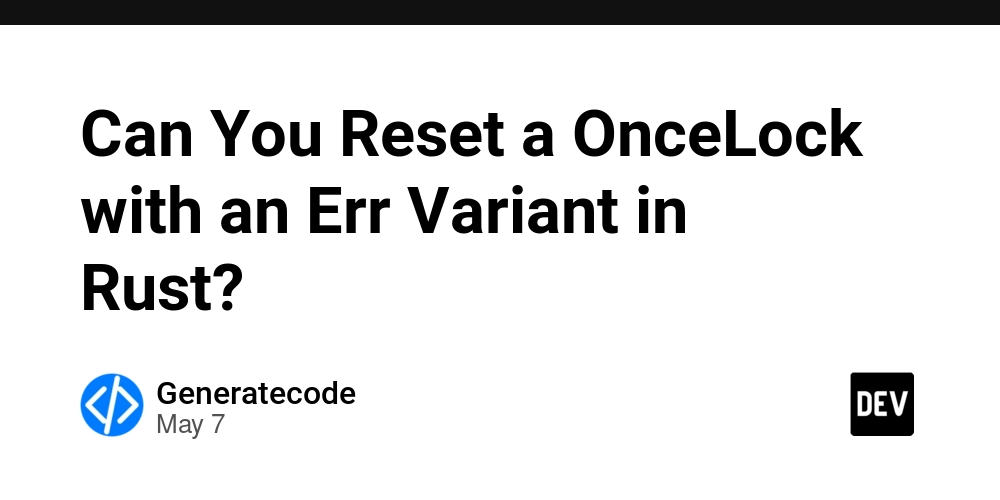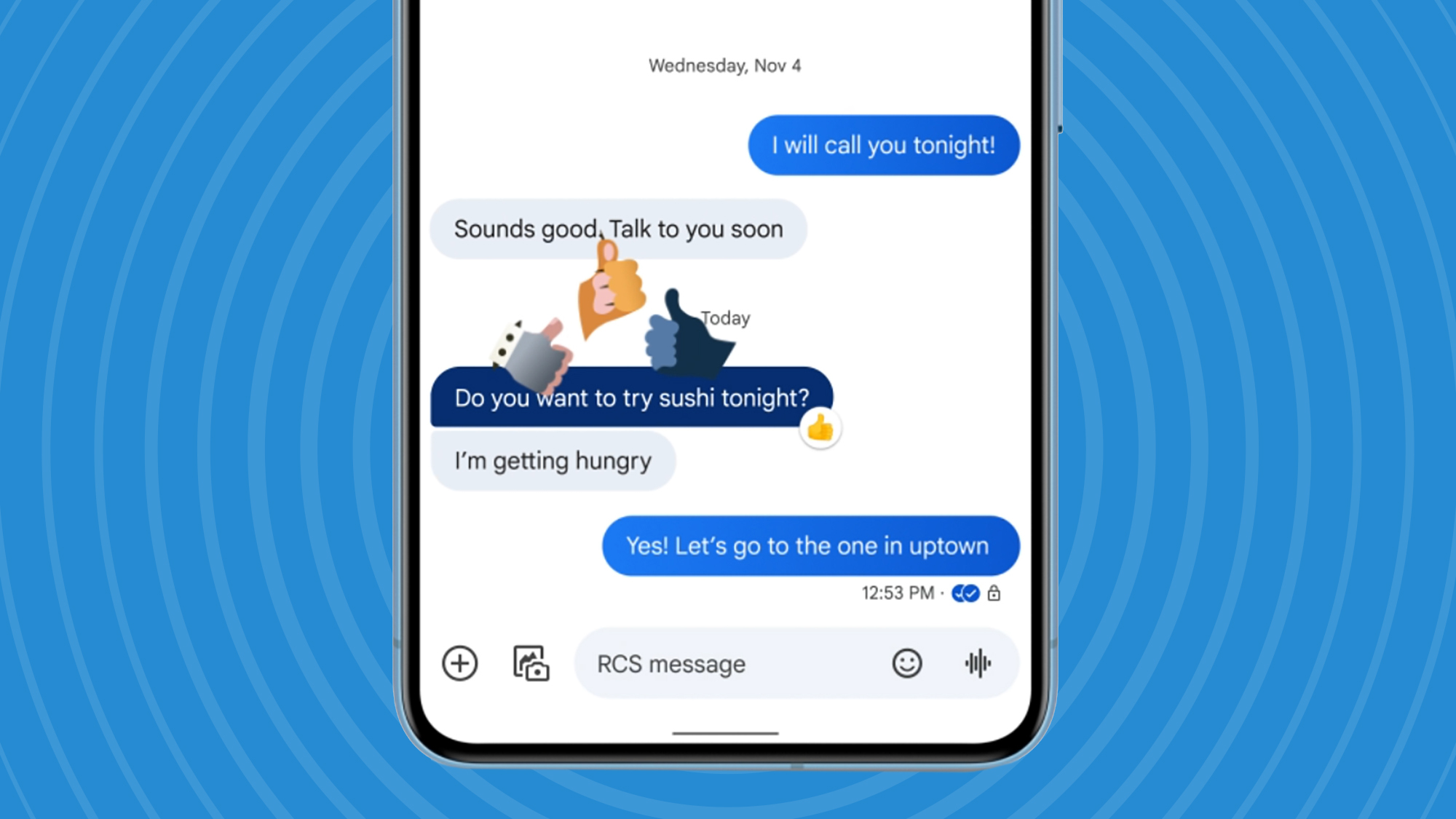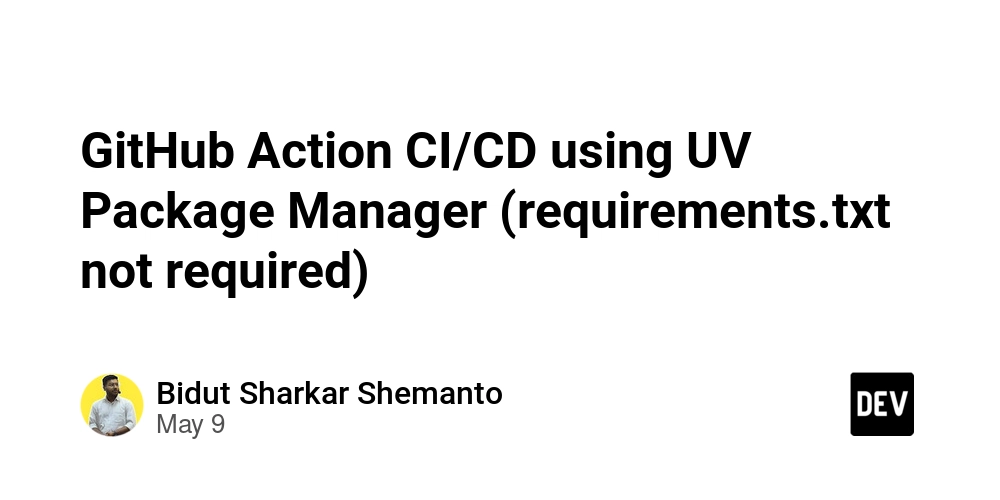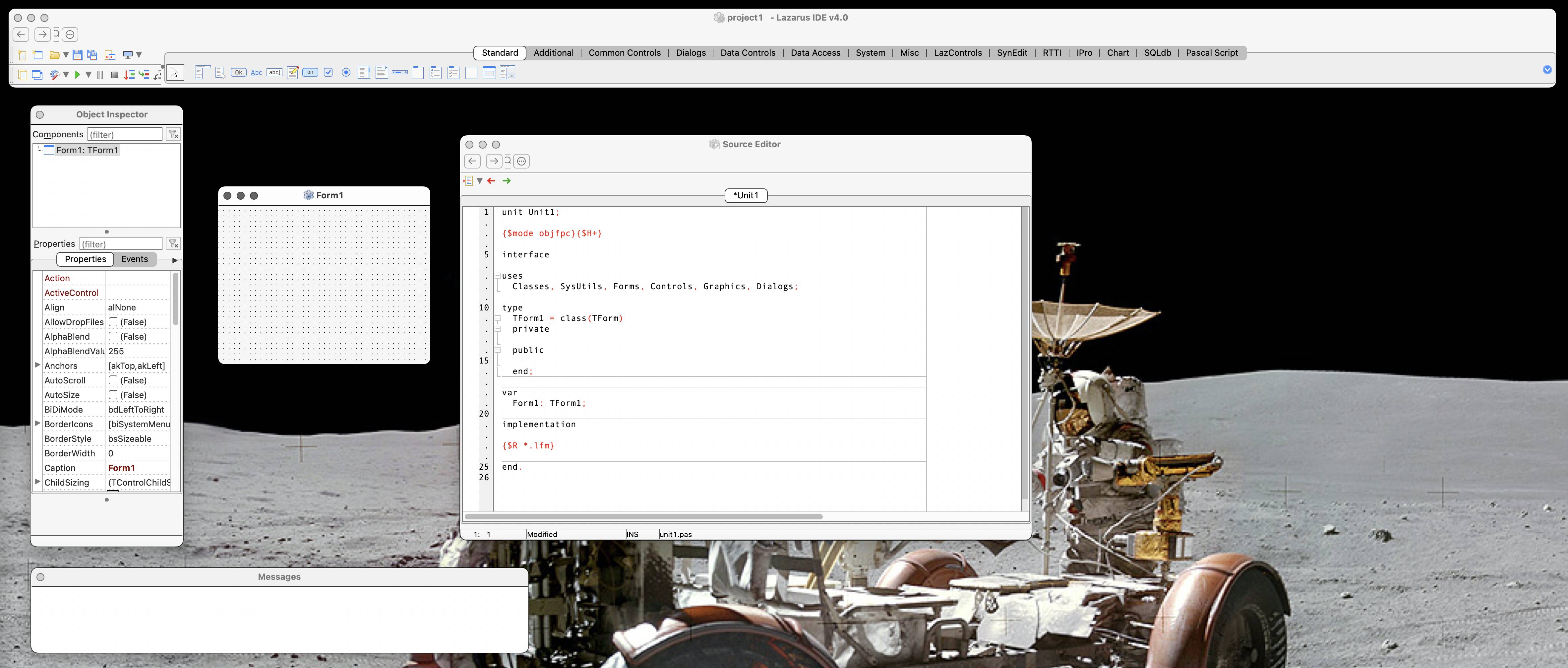Can You Reset a OnceLock with an Err Variant in Rust?
When working with the OnceLock type in Rust, a common question arises: can this structure be reset if it has previously been initialized with an Err variant? This topic is critical for developers who want to manage their initialization logic effectively while leveraging Rust's ownership and concurrency features. In this article, we will explore the inner workings of OnceLock, how it initializes values, and whether it allows resetting to handle errors. Understanding OnceLock The OnceLock type is part of the Rust standard library, found in the std::sync module. It provides a way to initialize a value once and ensures that the initialization is thread-safe. This makes it ideal for scenarios where a resource should only be created the first time it is needed, but once initialized, it cannot be changed or reverted. Why You Might Want to Reset OnceLock There are several situations where it might be beneficial to reset a OnceLock. For example, if you're performing a setup that can fail, such as loading configuration files or initializing resources that might not be available, you might want to attempt the initialization again if it fails. However, as per OnceLock's design, once it's initialized—regardless of whether it's a success or failure—you can't reset it to a default state. This limitation might lead to the need for alternate strategies. Strategies for Handling Initialization Errors 1. Using Separate Flags One effective strategy is to use an additional flag that indicates the success of the initialization. Here’s an example illustrating this approach: use std::sync::OnceLock; fn foo() { static INIT: OnceLock = OnceLock::new(); static mut INITIALIZED: bool = false; // Attempt to retrieve or initialize the value let res = if unsafe { INITIALIZED } { INIT.get() } else { INIT.get_or_init(|| { // Put your initialization logic here match init_logic() { Ok(_) => { unsafe { INITIALIZED = true; } Ok(()) }, Err(err) => Err(err), } }) }; // Handle result based on the initialization status match res { Some(Ok(())) => { // Do something }, Some(Err(err)) => { println!("Initialization failed: {}", err); // Optionally, reset the flag to retry later unsafe { INITIALIZED = false; } }, None => { println!("The initialization is already complete, no action taken."); }, } } fn init_logic() -> Result { // Simulated initialization logic here, replace with actual code Err(String::from("Sample initialization failure")) } fn main() { foo(); } In this example, we create a static mutable boolean flag INITIALIZED that tracks whether our function has been successfully initialized. If init_logic() by chance returns an Err, we can set INITIALIZED back to false and potentially allow for a retry in subsequent calls. 2. Using Option Instead of Result Another option is to employ an Option as the type in your OnceLock. This allows you to test whether initialization has succeeded. If you need to reset, you can simply drop the value inside OnceLock and prepare for re-initialization: use std::sync::OnceLock; fn foo() { static INIT: OnceLock = OnceLock::new(); let res = INIT.get_or_init(|| { // Your initialization logic match init_logic() { Ok(_) => Some(Ok(())), Err(err) => Some(Err(err)), } }); // Handle initialization result match res { Some(Ok(())) => { // Perform your tasks }, Some(Err(err)) => { println!("Initialization error: {}", err); // Optionally reset or retry logic here INIT.get_mut().map(|value| *value = None); // Resetting }, None => unreachable!(), } } fn init_logic() -> Result { // Simulated logic - replace with actual functionality Err(String::from("Another sample error")) } fn main() { foo(); } In this alternate setup, by using an Option, we can easily reset the initialization by changing the OnceLock state to None whenever we encounter an error, allowing fresh initialization attempts. Frequently Asked Questions (FAQ) Can I use OnceLock without handling errors? Yes, if you are confident that your initialization logic will succeed, you can ignore error handling. However, it’s recommended to handle errors for robust applications. Is OnceLock thread-safe? Yes, OnceLock is designed to be thread-safe, ensuring that initialization logic runs only once, even when accessed from multiple threads. Can I initialize a OnceLock with other types than Result? Absolutely! OnceLock can be initialized with any type, not just Result. Consider using appropriate types based on your specific requirements. Conclusion In summary, while you cannot rese

When working with the OnceLock type in Rust, a common question arises: can this structure be reset if it has previously been initialized with an Err variant? This topic is critical for developers who want to manage their initialization logic effectively while leveraging Rust's ownership and concurrency features. In this article, we will explore the inner workings of OnceLock, how it initializes values, and whether it allows resetting to handle errors.
Understanding OnceLock
The OnceLock type is part of the Rust standard library, found in the std::sync module. It provides a way to initialize a value once and ensures that the initialization is thread-safe. This makes it ideal for scenarios where a resource should only be created the first time it is needed, but once initialized, it cannot be changed or reverted.
Why You Might Want to Reset OnceLock
There are several situations where it might be beneficial to reset a OnceLock. For example, if you're performing a setup that can fail, such as loading configuration files or initializing resources that might not be available, you might want to attempt the initialization again if it fails. However, as per OnceLock's design, once it's initialized—regardless of whether it's a success or failure—you can't reset it to a default state. This limitation might lead to the need for alternate strategies.
Strategies for Handling Initialization Errors
1. Using Separate Flags
One effective strategy is to use an additional flag that indicates the success of the initialization. Here’s an example illustrating this approach:
use std::sync::OnceLock;
fn foo() {
static INIT: OnceLock> = OnceLock::new();
static mut INITIALIZED: bool = false;
// Attempt to retrieve or initialize the value
let res = if unsafe { INITIALIZED } {
INIT.get()
} else {
INIT.get_or_init(|| {
// Put your initialization logic here
match init_logic() {
Ok(_) => {
unsafe { INITIALIZED = true; }
Ok(())
},
Err(err) => Err(err),
}
})
};
// Handle result based on the initialization status
match res {
Some(Ok(())) => {
// Do something
},
Some(Err(err)) => {
println!("Initialization failed: {}", err);
// Optionally, reset the flag to retry later
unsafe { INITIALIZED = false; }
},
None => {
println!("The initialization is already complete, no action taken.");
},
}
}
fn init_logic() -> Result<(), String> {
// Simulated initialization logic here, replace with actual code
Err(String::from("Sample initialization failure"))
}
fn main() {
foo();
}
In this example, we create a static mutable boolean flag INITIALIZED that tracks whether our function has been successfully initialized. If init_logic() by chance returns an Err, we can set INITIALIZED back to false and potentially allow for a retry in subsequent calls.
2. Using Option Instead of Result
Another option is to employ an Option as the type in your OnceLock. This allows you to test whether initialization has succeeded. If you need to reset, you can simply drop the value inside OnceLock and prepare for re-initialization:
use std::sync::OnceLock;
fn foo() {
static INIT: OnceLock>> = OnceLock::new();
let res = INIT.get_or_init(|| {
// Your initialization logic
match init_logic() {
Ok(_) => Some(Ok(())),
Err(err) => Some(Err(err)),
}
});
// Handle initialization result
match res {
Some(Ok(())) => {
// Perform your tasks
},
Some(Err(err)) => {
println!("Initialization error: {}", err);
// Optionally reset or retry logic here
INIT.get_mut().map(|value| *value = None); // Resetting
},
None => unreachable!(),
}
}
fn init_logic() -> Result<(), String> {
// Simulated logic - replace with actual functionality
Err(String::from("Another sample error"))
}
fn main() {
foo();
}
In this alternate setup, by using an Option, we can easily reset the initialization by changing the OnceLock state to None whenever we encounter an error, allowing fresh initialization attempts.
Frequently Asked Questions (FAQ)
Can I use OnceLock without handling errors?
Yes, if you are confident that your initialization logic will succeed, you can ignore error handling. However, it’s recommended to handle errors for robust applications.
Is OnceLock thread-safe?
Yes, OnceLock is designed to be thread-safe, ensuring that initialization logic runs only once, even when accessed from multiple threads.
Can I initialize a OnceLock with other types than Result?
Absolutely! OnceLock can be initialized with any type, not just Result. Consider using appropriate types based on your specific requirements.
Conclusion
In summary, while you cannot reset a OnceLock directly once it has been initialized, there are effective patterns you can employ to work around this limitation. By utilizing additional flags or wrapping your value within an Option, you can manage initialization failures gracefully and retry as needed. This approach balances the safety of OnceLock with the flexibility required for handling potential errors.











































































































































































![[The AI Show Episode 146]: Rise of “AI-First” Companies, AI Job Disruption, GPT-4o Update Gets Rolled Back, How Big Consulting Firms Use AI, and Meta AI App](https://www.marketingaiinstitute.com/hubfs/ep%20146%20cover.png)





























































































































![Ditching a Microsoft Job to Enter Startup Hell with Lonewolf Engineer Sam Crombie [Podcast #171]](https://cdn.hashnode.com/res/hashnode/image/upload/v1746753508177/0cd57f66-fdb0-4972-b285-1443a7db39fc.png?#)





























































.jpg?width=1920&height=1920&fit=bounds&quality=70&format=jpg&auto=webp#)


















































-Nintendo-Switch-2-Hands-On-Preview-Mario-Kart-World-Impressions-&-More!-00-10-30.png?width=1920&height=1920&fit=bounds&quality=70&format=jpg&auto=webp#)












































































































-xl.jpg)





























![New iPad 11 (A16) On Sale for Just $277.78! [Lowest Price Ever]](https://www.iclarified.com/images/news/97273/97273/97273-640.jpg)

![Apple Foldable iPhone to Feature New Display Tech, 19% Thinner Panel [Rumor]](https://www.iclarified.com/images/news/97271/97271/97271-640.jpg)
![Apple Developing New Chips for Smart Glasses, Macs, AI Servers [Report]](https://www.iclarified.com/images/news/97269/97269/97269-640.jpg)








































































![[Weekly funding roundup May 3-9] VC inflow into Indian startups touches new high](https://images.yourstory.com/cs/2/220356402d6d11e9aa979329348d4c3e/WeeklyFundingRoundupNewLogo1-1739546168054.jpg)





























